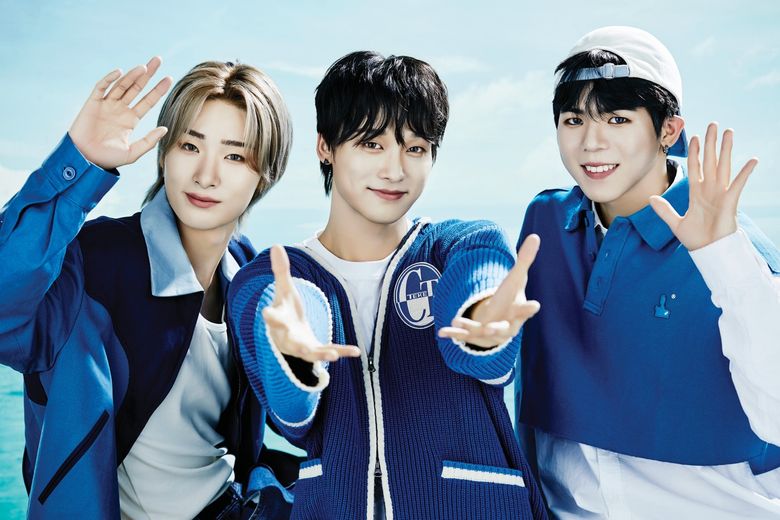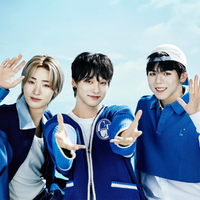
SBS Entertainment News
Reporter Kang KyungYoon of SBS Entertainment News conducted an interview with Big Ocean‘s CEO Cha HaeRi, telling her story.
Building an idol group is never an easy feat, but imagine creating one with no precedent. That’s precisely what Cha HaeRi, the 36-year-old CEO of Parastar Entertainment, did when she founded Big Ocean, the world’s first deaf idol group. Known for her decisive nature and swift execution, Cha defied all odds and societal stereotypes to pioneer this groundbreaking project.
The Journey of Big Ocean: From Skepticism to Global Fandom 🌍
I hear that Big Ocean has gained a significant overseas following. Could you tell us more about that?
The international response has far exceeded our expectations. Most idol groups start by establishing themselves locally, but with Big Ocean, it’s the opposite. The U.S. has been our biggest market, and we’ve also seen fandoms emerge in Europe, South America, and Australia.
What draws international fans, or “Waves,” to Big Ocean?
In the U.S., sign language is even taught as a second language in some regions, so there’s a lot of interest. Fans have told us they were captivated by the group’s visuals (laughs), but many also mentioned being moved by their story or discovering them through social media algorithms.
Overcoming Challenges: Turning Doubt into Success 🙌
Creating Big Ocean wasn’t without its challenges. From concept to execution, the team faced an uphill battle.
Starting an idol group for deaf artists is unprecedented. How did people react when you proposed the idea?
Everyone I pitched it to said no. There was no precedent, and raising funds was the toughest part. Even mid-sized companies spend tens of billions on idol production, but we had to work with a fraction of that. Our debut budget was about one-thirtieth of other groups’.
How did you manage under such constraints?
We were incredibly resourceful. I used personal savings, took out loans, and our small team wore many hats—managing vocals, choreography, video production, and more. Our debut MV? It cost us just 1.5 million won ($1,100). And yet, we found support. SM Entertainment even allowed us to remake their hit ‘Light’ for our debut.
A Turning Point: Facing and Overcoming a Crisis 🔄
Despite her unwavering determination, Cha recalls a critical moment that nearly derailed their debut.
About a month before debut, I found the members were slacking on their diets and routines despite our best efforts. It was such a shock that I almost called the whole thing off. But it became a turning point. The members took time to reflect and committed themselves wholeheartedly. Their dedication led to an incredible debut performance on MBC’s ‘Show! Music Core.’
Breaking Barriers, Creating Miracles ⭐
Big Ocean is now synonymous with words like “first” and “miracle,” reflecting their pioneering role in the industry.
What was the driving force behind forming Big Ocean?
The entertainment world is one of the least inclusive spaces for people with disabilities. I wanted to challenge that. During the pandemic, opportunities for our other artists—models, actors—dwindled. That’s when the idea of a deaf idol group came to me. I wanted to create a platform that would not only highlight their talents but also change perceptions.
What’s your ultimate vision for Big Ocean?
We hope to follow in BTS’s footsteps—not by competing with them, but by breaking barriers the way they did. BTS shattered language and cultural boundaries, and Big Ocean aims to challenge biases about disabilities. It’s inspiring that countries with greater disability awareness are our strongest supporters. True to their name, I hope they’ll one day thrive on the global stage, like an ocean touching every corner of the world.
Big Ocean represents more than a group; they are a movement toward inclusion and understanding. As their CEO aptly puts it, they are navigating uncharted waters but leaving a trail of hope and inspiration in their wake. We can’t wait to see what waves they’ll make next.



